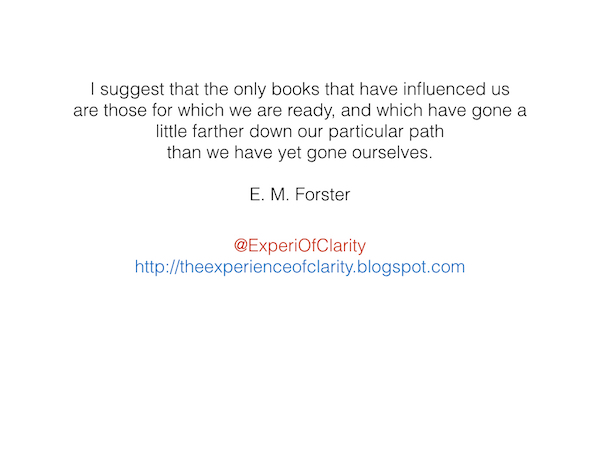388 An eye for the spirit of human becoming would find innumerable subtle devices, which would appear static, but which over time would prove their great worth to the process. For example, the chair does more than the desk; food, more than the plate it is served upon; a physical affection holds more love than an ideal love which pours itself through a sieve, believing itself exempt from the need for physical touch, and so becoming unknowingly duplicitous. The human spirit as such is a consequence of conditions and is not the rational explanation of itself. The two stand side by side, the condition preceding them. It is easy for the explanation to deny that which cannot express itself, and how can the condition to expression have anything to say for itself? If one believes in the totality of the explanation , then one’s science becomes as duplicitous as one’s idealism had been. When one refuses to split, ironically, by refusing to deny one’s ot...

